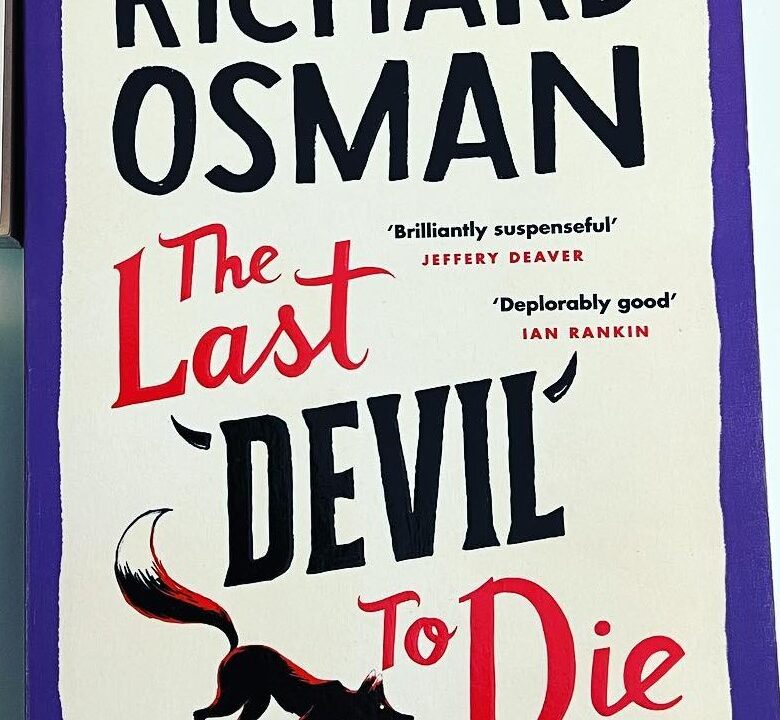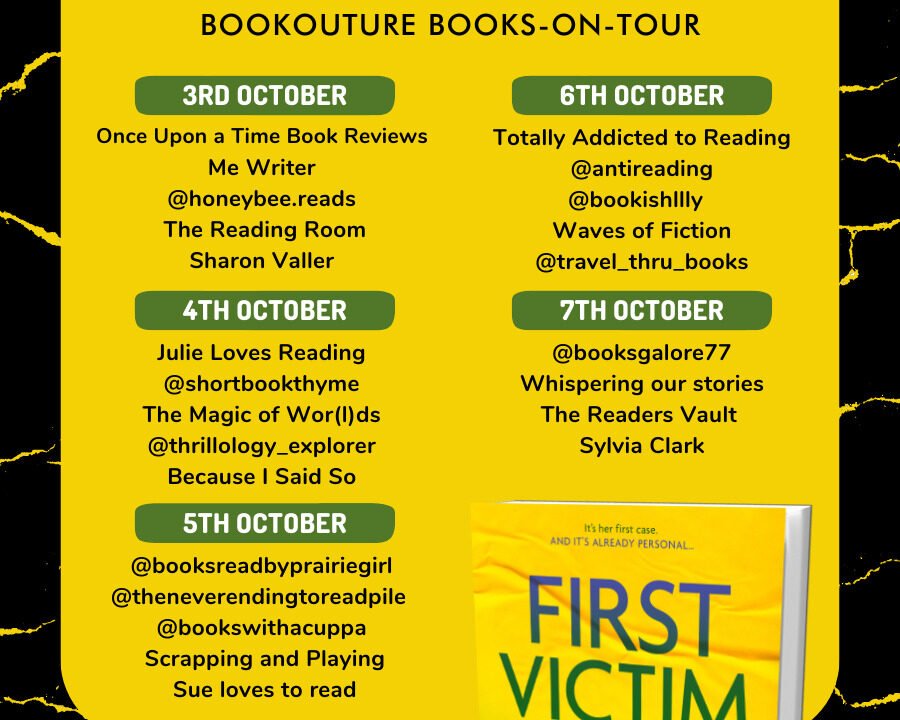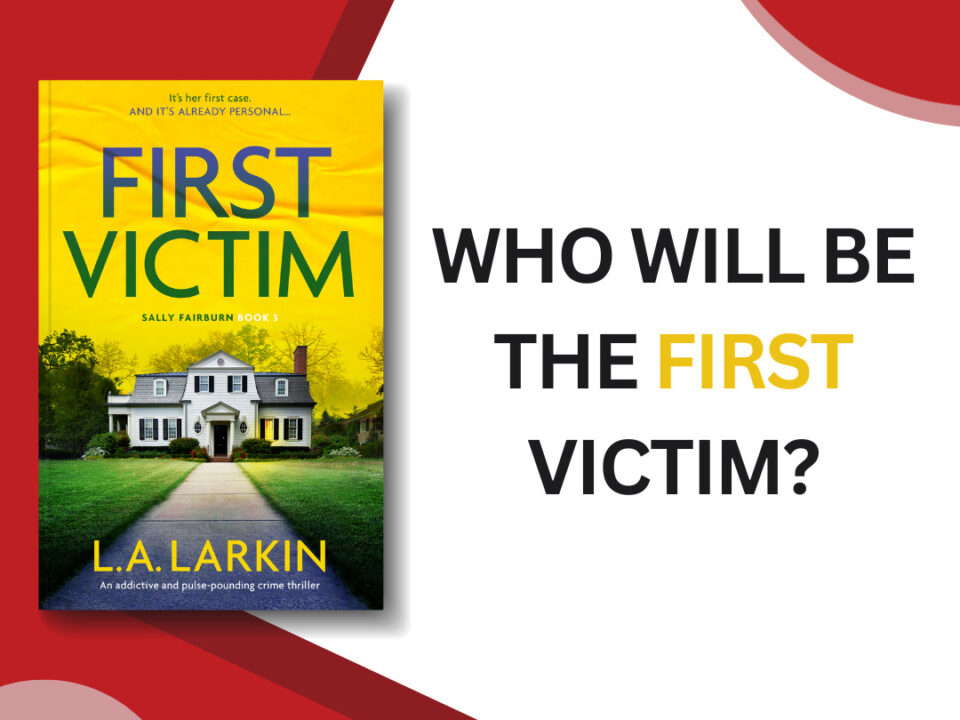[youtube id=”blyJ2WiTDO0&list=PLmvqPyLz3etCivewDvYcXV8ewgotr7Jbr” align=”left” mode=”normal” autoplay=”yes” grow=”yes”]I take my story research seriously. As some of the critical early scenes take place in Antarctica, I boarded an ex-Russian scientific research vessel and crossed the infamously rough Drake Passage to reach the Antarctic Peninsula. I was told to stay in my bunk-bed and hang on for dear life as the vessel corkscrewed through ten metre swells. When I tried to get to the bathroom, the ship tilted forty degrees and I was hurled on to the door. A predominantly Russian crew, I did my best to communicate using an English-Russian phrase book. There was an engineer with a wry sense of humour who was seemingly impervious to the extreme cold. He inspired the character of Vitaly Yushkov.
In Cambridge, UK, I visited British Antarctic Survey to learn about Polar survival equipment, clothing, and hazards, such as white-outs. Then in Bristol, I interviewed Professor Martin Siegert, the leader of an Antarctic expedition to discover new life in a subterranean lake in 2012. As a result of his kindness in spending time with me, I hope I have brought to life the remote camp and ice-drilling operation in Devour.
When I made the decision to buck the action thriller trend of male lead characters, I realised that Olivia Wolfe would need to be resourceful and capable of defending herself. So I enlisted the help of a crown prosecutor and martial artists, who demonstrated how women can use Jiu-Jitsu and everyday objects in self-defence, such as metal water bottles and key chains. As Wolfe fires a pistol in Devour, I wanted to know how to load and handle a gun. This I did at a shooting range with an instructor.
I love doing the research but I have to know when enough is enough. At some point I have to apply what I have learned and write the book!



